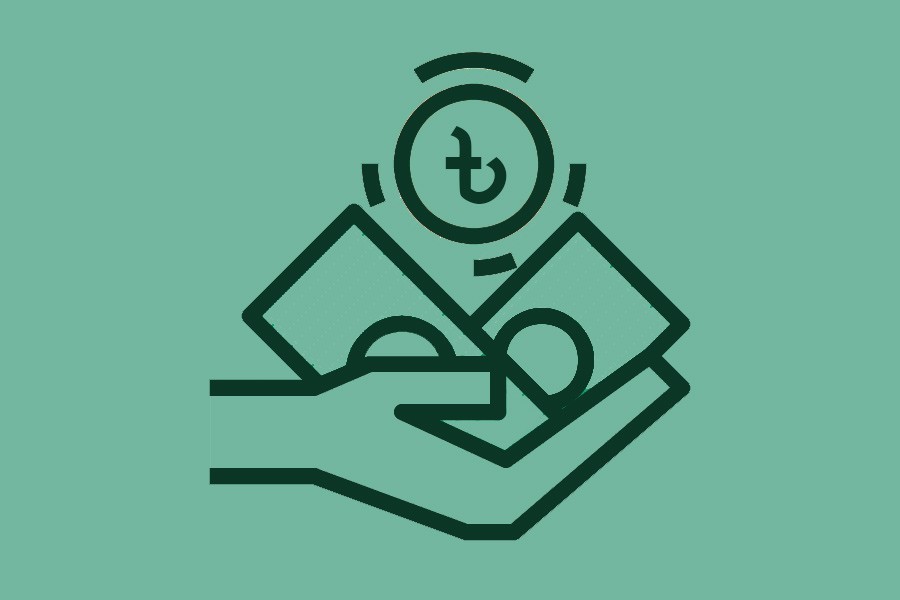The government is set to create a database of buyers of government-sponsored savings instruments.
The objective behind the creation of database is to see whether the savings opportunity is abused by exceeding the investment limit or making 'benami' (fictitious) investments.
From February next, the savers will require national identity cards, bank accounts, mobile numbers and tax-identification numbers while purchasing the national savings certificates and bonds.
And those who have already invested in the savings certificates and bonds will need to submit the same to draw profits or encash matured ones.
People familiar with the issue at the Directorate of National Savings and the Ministry of Finance said this will help the government scan who are actually investing in the instruments and detect as to whether they are violating the thresholds or not.
The national tax authority will have access to the database of savers which will help them identify tax evaders.
Shamsunnahar Begum, director general at the Directorate of National Savings (DNS), told the FE that this will help combat harassment of the savers as they will get their profits through an electronic payment system.
"In my view, this will also help the instruments to be more liquid."
She said currently there is no central database of the savers, but this is very important as the people can purchase savings tools across the country.
"Even people can buy the instruments from union post offices," she said.
Currently, people can purchase savings tools from Bangladesh Bank (BB) and its all offices, DNS offices, Sonali Bank branches and all post offices across the country.
People at the MoF, however, termed high yield instruments 'fiscal burden' saying that its sales have been soaring each year.
They said people can invest highest Tk 5.0 million in a particular certificate, but there have been allegations that many had invested as high as Tk 50 million due to lack of central database.
Many people purchase the certificates from different outlets, some from DNS offices and some from Sonali Bank, some other banks or post offices.
They said the government cannot go bankrupt and for this reason they pay interest and principal on time which eats up a substantial part of the government's annual budget.
"This is shrinking the space of development budgets of the government as the highest non-development expenditure has been interest payments, mostly for the savings certificates," said an official at the MoF.
Individually, the largest share went to interest payment (27 per cent), followed by education (16 per cent), according to the official statistics.
However, a master training programme kicks off today (Saturday) in the city's Segunbagicha area as part of launching the database from February, 2019.
A total of 50 participants from the DNS, Bangladesh Bank, Sonali Bank and Bangladesh Post Office will take part in the training programme.
Later, they will impart training to others to help prepare the database of savers across the country.
Finance secretary Abdur Rouf Talukder will inaugurate the programme at 10:00 am.
The DNS sources said currently around 20 million people have investments in different types of fixed-income instruments.
Four savings certificates -- 5-year Bangladesh Sanchayapatra, 3-monthly Profit Bearing Sanchayapatra, Family Savings Certificate and Pensioner Sanchayapatra are much popular as they pay around 11 per cent annualised profits.
There are four term-savings bonds -- Bangladesh Prize Bond, Wage Earner Development Bond, US Dollar Premium Bond and US Dollar Investment Bond.
jasimharoon@yahoo.com


